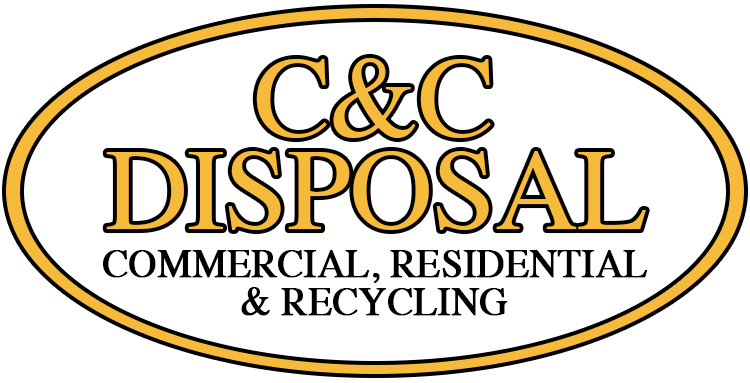
Even if you aren’t the one committing the crime, you’re still the one paying for it (in more ways than one). There are obvious ways that you are affected, from neighborhood blight to the negative stigma that comes with it. On top of that, waste pollutes the local environment and places a financial burden on you if the city needs to step in for the cleanup.
Effects of Illegal Dumping on the Environment
When trash is littered in natural spaces, there are a variety of potential risks for the land and animals nearby. However, the scope of the impact is not always obvious and could take some time to present itself.
Soil and Water Becomes Contaminated
When a mass amount of waste is in one place, there is a nearby risk to the soil and water. Unlike regulated sanitary landfills, which work to protect the surrounding area from contaminants, illegal dump sites do not have built-in systems and constant monitoring for environmental safety.
In an unmonitored, unregulated situation, runoff and hazardous waste can work its way into streams, rivers, lakes and drinking water. Chemicals can seep into the soil and cause the ground to be infertile or even encourage the spread of invasive vegetation that are immune to the effect of the chemicals. It’s also possible for the chemicals to make their way into food supplies by entering vegetation.
Wildlife Is Disrupted
Animals are not immune to the impact of illegal waste dumping. In fact, they tend to feel the impact first. The best-case scenario is that they are mildly inconvenienced by a pile of trash that blocks their travel path. Unfortunately, that’s not where the problems stop.
Smaller creatures may get ill after eating the trash or potentially become tangled in the debris, making them easy targets for predators. Should runoff or the trash itself make it to a water source, fish may experience depleted oxygen supply or ingest waste particles.
Trash also tends to attract wildlife that may not be native to that area. From mosquitoes to raccoons, this can lead to new diseases and predators entering the area, disrupting the natural flow of the ecosystem.
Risk of Natural Disasters Increases
Garbage tends to be flammable. That’s because the various pieces of trash can mix, which may release combustible gases.
If an illegal dump site is left unchecked, it increases the odds of a spontaneous fire that can grow and eventually become a full-fledged forest fire. Additionally, dumped trash can cause floods either by blocking the natural pathways of water or speeding up the process of erosion.
Effects of Illegal Dumping in Your Community
The environment isn’t the only victim of illegal dumping. If an unauthorized dump site appears in your neighborhood, you and your community can be impacted more than you might expect.
Possibility of Health Issues Increase
One of the biggest risks illegal dumping poses to humans is illness. Sites where trash is just sitting out are breeding grounds for insects like mosquitoes and flies, but also for animals that carry diseases like rats, skunks and opossums.
A few of the life-threatening diseases these insects and animals can bring include dengue fever, yellow fever, encephalitis and malaria.
Property Values Decrease
When it comes to urban or residential areas, some of the biggest issues come from people using a vacant lot as a dump or individuals deciding to leave bulk items at the curb when it’s not bulk trash day. While both are considered by many cities to be illegal dumping, the visual message it sends is where the damage is done.
If a potential buyer comes to a city and is bombarded with bad smells due to an illegal dump site and can’t drive down a street without seeing trash in vacant lots or sitting on the curb, they’re more likely to tell others that the area isn’t where they want to visit or live. And when properties don’t sell, the market in the area begins to decrease.

Recent Comments